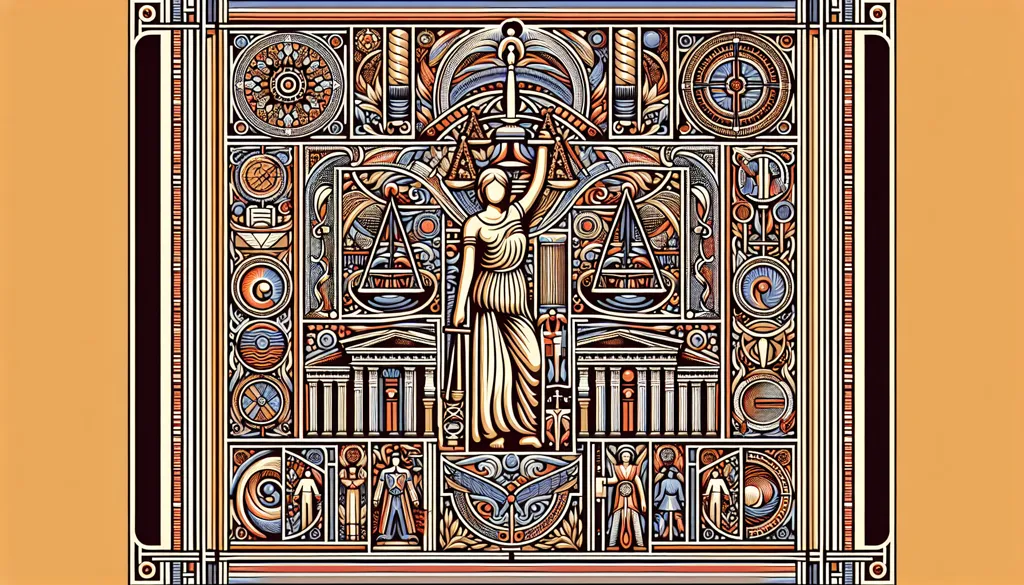Exploring Colorado's Private Judge System: A Two-Tiered Approach to Justice
As a mother and resident of the Midwest, I often find myself pondering the complexities of the justice system, especially when I hear about disparities that challenge the notion of equal justice for all. Recently, I came across an intriguing investigation into Colorado's judicial system that highlighted the existence of a dual-track approach for civil cases, which raises significant questions about fairness and transparency.
The Emergence of a Private Judicial System
For nearly two decades, Colorado has quietly maintained two judicial systems for civil cases: the public system, which most people are familiar with, and a private system reserved for the wealthy. This lesser-known system allows litigants to hire private judges, often retired from the public bench, who operate with minimal oversight and a significant level of secrecy.
The Denver Gazette's investigation revealed that this dual system is predominantly used by affluent individuals seeking privacy in their legal matters, particularly in divorce cases. This option offers them a faster and more specialized resolution process, akin to comparing a stay at the Ritz Carlton to the Holiday Inn, as one lawyer put it.
Concerns Over Equal Justice
While the private judge system may offer convenience and confidentiality, it raises questions about the principle of equal justice. Eli Wald, a law professor, expressed concerns about the implications of a for-profit justice system, emphasizing that justice should not be dictated by one's ability to pay for expedited outcomes. This sentiment resonates with me, as I believe that certain services, like the resolution of disputes, should remain equitable and accessible to all.
Critics argue that this system creates a two-tiered justice system, where those with financial means can bypass the delays and congestion of the public courts. This leaves ordinary citizens to navigate a slower, more cumbersome process, which seems inherently unfair.
The Secrecy Factor
One of the most troubling aspects of Colorado's private judge system is the level of secrecy it affords. Private judges often conduct proceedings off the public record, shielding the cases from scrutiny. This lack of transparency is concerning, especially when considering the potential for conflicts of interest or misconduct.
The investigation found that many private judges have failed to disclose financial conflicts or adhere to updated judicial conduct rules. Moreover, the process of appointing these judges often lacks rigorous oversight, with little to no checks on their disciplinary history or compliance with ethical standards.
A Midwestern Perspective on Justice
As someone who values transparency and fairness, the idea of a private judicial system that operates in the shadows is unsettling. In the Midwest, where community and trust are integral to daily life, such a system would likely face significant pushback. We believe in the importance of public accountability and ensuring that all individuals, regardless of their financial status, have access to the same level of justice.
While I understand the desire for privacy in sensitive legal matters, the potential risks and inequities introduced by a private judge system cannot be overlooked. Justice should not be a commodity that can be bought and sold, but rather a fundamental right accessible to all citizens.
Conclusion
The existence of Colorado's private judge system highlights a broader issue within our judicial framework: the tension between efficiency and equality. While the system may offer a solution to courthouse congestion, it also perpetuates a disparity that challenges the core values of justice. As a mother and advocate for fairness, I believe it's crucial to address these concerns and ensure that our justice system remains transparent, equitable, and accessible to everyone, regardless of their financial standing.

